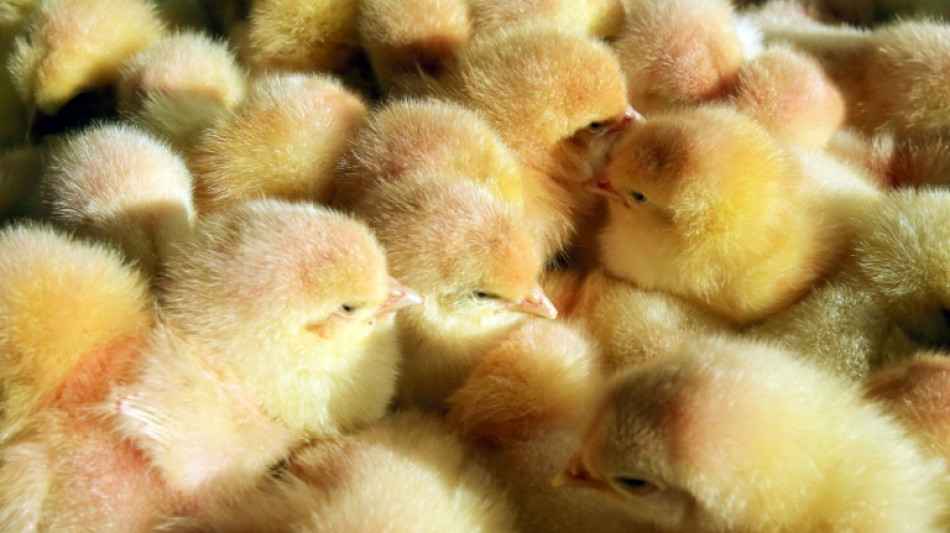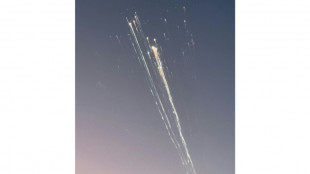

France fails to end culling of male chicks
An exception to a New Year's resolution by France to end the massive culling of male chicks will still allow millions to be killed, much to the consternation of animal rights activists.
Worldwide, more than six billion male chicks are killed every year because they cannot lay eggs or get fat enough to be sold for meat, according to the Foundation for Food and Agriculture Research.
Following Germany's lead, the French government announced it would ban the practice of culling as of January 1 this year.
Under the new rules, hatcheries must use in-ovo sexing technology -- which determines the sex of unborn chicks -- to stop males from being hatched in the first place.
But producers gained permission to continue the culling of male white hen offspring -- more than 10 percent of male chicks born in France every year -- because it is more difficult to determine their gender.
The culling must be done using gas rather than the traditional technique of grinding.
French animal rights group L214 has sharply objected to the exception, calling it a "betrayal".
Techniques used to identify the sex of unhatched chicks work better for some chicken types than others.
In red hens, in-ovo technology can look through the shell and detect the sex-specific colour of the chick's first feathers.
For white hens, however, it does not work. Hormonal analysis does but is considerably more expensive and slower.
The eggs sold in stores come from red hens, while the eggs of white hens are used to make animal feed and other agro-industry products.
In December, scientists from the US-Israeli tech company Huminn said they had successfully created egg-laying hens that only produce female chicks.
The technology involves genetically modifying the hens so that male embryos do not progress and hatch.
Last June, 18 European NGOs formed a coalition demanding the end of chick and duck culling, a practice that is allowed under EU law.
The practice may yet be prohibited with a revision of EU legislation on animal welfare set to take place before 2025, according to L214.
A.Abarca--ESF




